How Did “High Noon” Change the Movie Soundtrack Business for Good?
Here is the latest in a series of examinations into urban legends about movies and whether they are true or false. Click here to view an archive of the movie urban legends featured so far.
MOVIE URBAN LEGEND: Dimitri Tiomkin asked for and received the publication rights for “Do Not Forsake Me, Oh My Darlin’” for free!
It’s hard to imagine nowadays, when the film soundtrack business is practically its own separate entity, but there was a time when songs from movies would only become popular songs if the movie was popular (or, of course, if the song was released later on by itself independent of the movie entirely).
For instance, when 1944’s Going My Way was a hit…
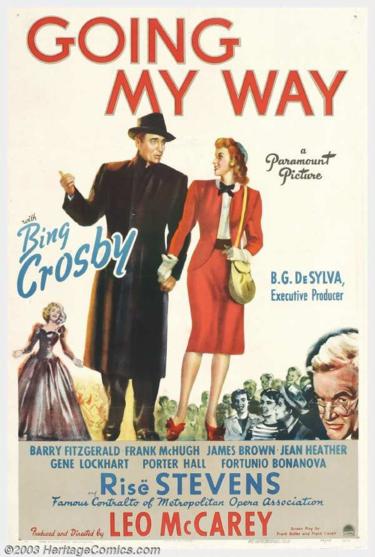
THEN Bing Crosby was able to have a hit with “Swinging on a Star” from the film.
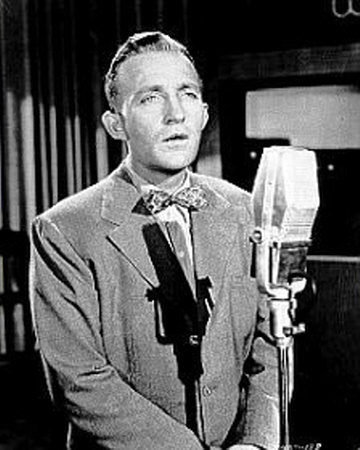
Contrast that, for instance, with 1984’s “Footloose,” which was already a hit song by Kenny Loggins…
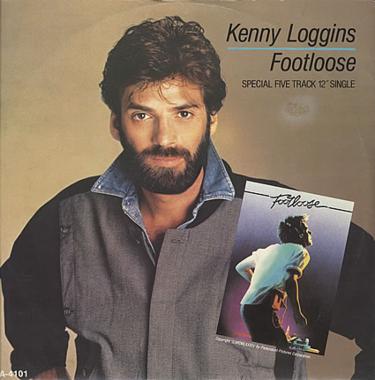
BEFORE the film of the same name came out and was a big hit.
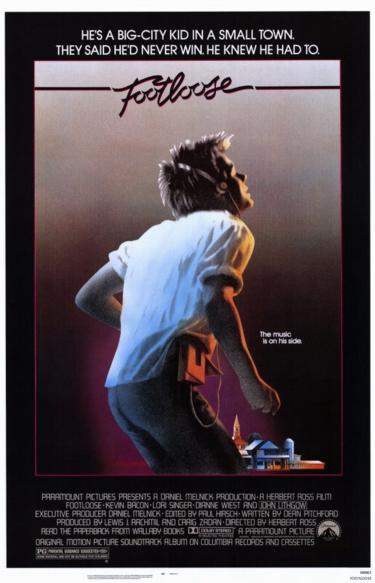
So when in the 40 years between did Hollywood change their approach?
It very well might have been with Dimitri Tiomkin and “Do Not Forsake Me, Oh My Darlin'”
Tiomkin was already a well-respected film scorer by the 1950s.
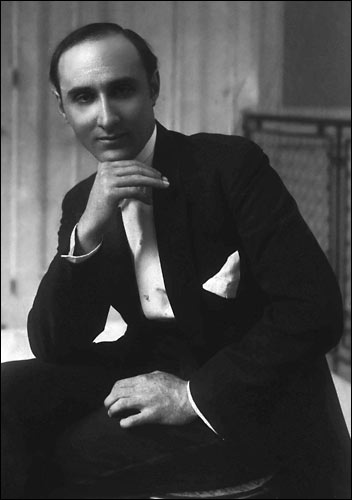
He had been nominated for five Academy Awards for Best Score from 1940-1950, including a nomination for “Mr. Smith Goes to Washington” (and this is not even counting the notable films he scored which did NOT get nominated for awards, like “It’s a Wonderful Life”).
So when he was hired to do the score for the 1952 film, High Noon, he was clearly a big name.
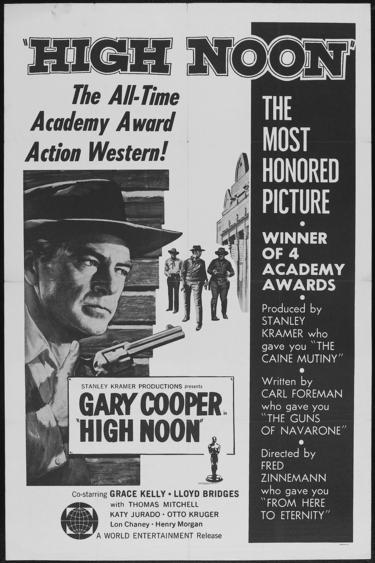
High Noon was a troubled production, especially as Carl Foreman (producer and writer of the screenplay for the film) was called before the House Committee on Un-American Activities in 1951 while the film was in production (and while the loan for the making of the film was still being finalized). Foreman, a former member of the Communist Party who had quit years earlier, refused to name the names of other members, and as a result was labeled an “uncooperative witness” and would eventually be blacklisted.
So while Foreman was dealing with his issues, his producer partner, Stanley Kramer, began to take a greater hand in the shaping of the film.
One of the things that Kramer did was to tell Tiomkin to give him a folk ballad for the movie. Tiomkin, along with lyricist Ned Washington, gave Kramer “Do Not Forsake Me, Oh My Darlin’.”
In the film, the song is sung by Tex Ritter.
Well, Kramer absolutely LOVED the song, and he had the song used constantly throughout the film. He used it so much that when the film was initially screened for test audiences, the audiences reportedly laughed at the use of the song. While refusing to bow to pressure to cut the song entirely, Kramer did agree to drastically reduce the usage of the song in the film.
While all this was going on, Tiomkin was getting a bit nervous. He, too, liked the song, but the film did not seem to be going too well, and like I said before, for a song to be a hit from a movie, the movie itself really had to be a hit first. However, if the song was good enough, it could survive a flop if it was eventually released independent from the film.
Well, Tiomkin felt the song had legs, so he went to Kramer and asked for the publication rights to the song. Kramer agreed to give them to him.
Tiomkin next went to Tex Ritter and Ritter’s record company to do a version of the song.
Ritter declined.
So Tiomkin got Frankie Laine (who had had a hit a couple of years earlier with “Mule Train”) to do the song (now titled “High Noon”)…
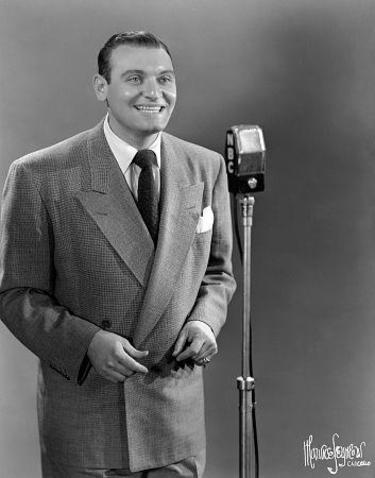
It was released four months before the film came out, and it was a big hit!
It was such a big hit that Ritter changed his mind and ended up putting out a version of the song, as well…
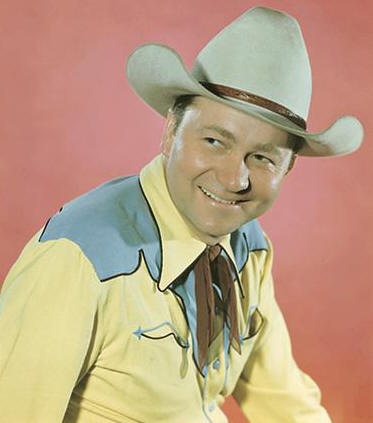
Also, presumably enough, the publicity from having a hit song in it helped High Noon, which surpassed expectations commercially and also did well critically (with a number of Academy Award nominations – Tiomkin got two nominations, Best Score and Best Song…he won them both!).
And soon enough, film companies were lining up to get artists to do new songs that they could have in films AND also release as (hopefully) hit singles.
And all due to a song (and a movie) that wasn’t supposed to be a hit.
The legend is…
STATUS: True
Feel free (heck, I implore you!) to write in with your suggestions for future installments! My e-mail address is bcronin@legendsrevealed.com.






In the “soundtrack doesn’t make the movie” department, the best example is probably 1978’s “FM”. The double-LP soundtrack sold well and was certified platinum. That didn’t get people into the theaters, as the movie laid a huge egg at the box office.